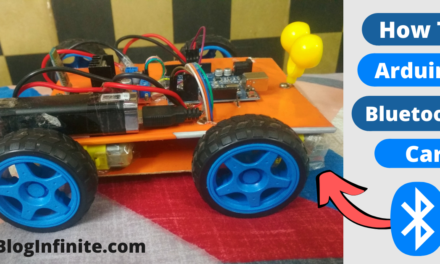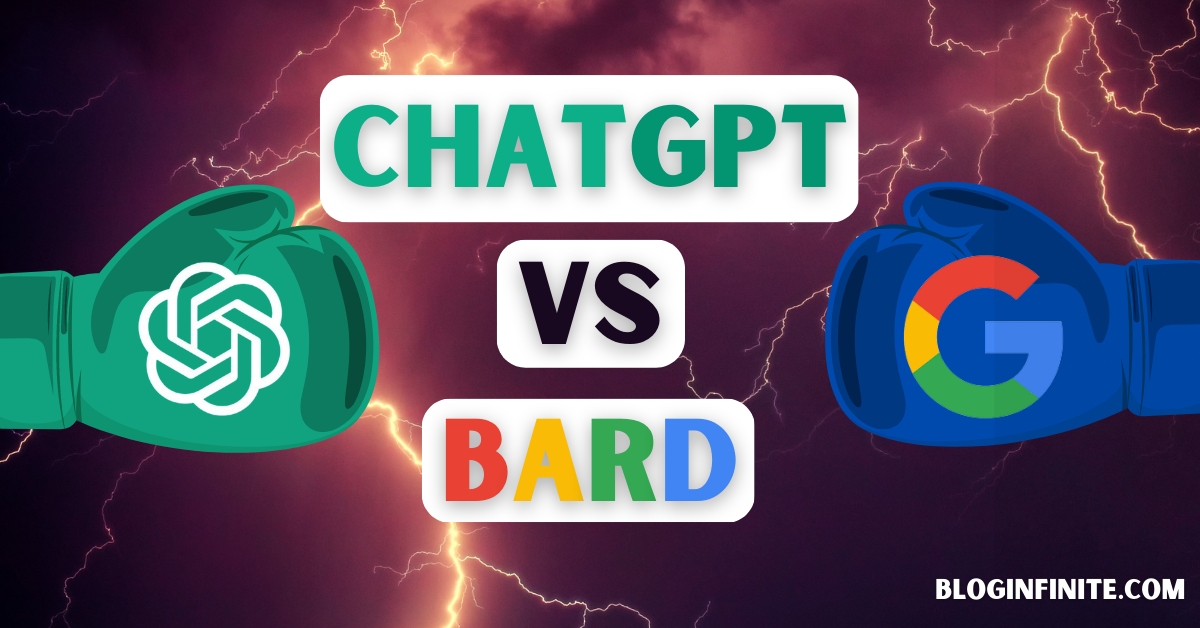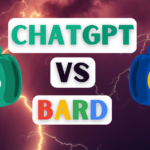In recent times, the world of Artificial Intelligence (AI) has seen significant growth and advancements, with numerous companies vying for supremacy in the field. Two of the major players in this battle are Microsoft and Google, and their AI offerings, GPT (Generative Pretrained Transformer) and Bard, respectively, are at the forefront of the competition.
GPT, developed by OpenAI, is a large language model that has quickly gained popularity among developers and users. It has over 100 million users within two months of its launch, making it one of the fastest-growing AI platforms. It is powered by GPT-3.5, which is considered to be one of the largest language models to date. GPT is known for its conversational abilities, enabling users to chat and ask questions in natural language.
On the other hand, Google’s Bard is a newly introduced conversational AI service, developed by Google Research, that is powered by the experimental Lambda language model. Unlike GPT, which is already available for public use, Bard is still in the testing phase and will be made widely available to the public in the coming weeks. However, it already has a significant advantage over GPT in that it can search the web and provide users with the latest information on any topic.
The biggest difference between the two AI models lies in their training. While GPT is trained on vast amounts of data, Bard is powered by Google’s own Lambda language model, which has been in development for the past two years and is considered to be even larger than GPT-3.5. This means that Bard has the potential to be more accurate and efficient in its responses and actions.
Another exciting aspect of Bard is its integration with Google’s suite of apps and services. Imagine being able to use Bard within your Google Calendar app, where it can give you the ideal schedule to follow, or in Gmail, where it can write emails on your behalf, based on its understanding of your previous email behavior. The possibilities of what Bard can do are endless, and this is what makes it so intriguing.
However, there has been some controversy surrounding the development of Bard. One of the AI researchers working on the Lambda project resigned, claiming that Lambda has consciousness like humans. While it is still uncertain what to make of these claims, it raises important questions about the ethical implications of advanced AI technology.
Conclusion
The battle between Microsoft’s GPT and Google’s Bard is one that is sure to be closely watched by developers, users, and the tech industry as a whole. Both models have their strengths and weaknesses, and it will be interesting to see how they perform and evolve in the coming months and years. Regardless of which AI platform comes out on top, one thing is for sure – the future of AI is going to be an exciting one.
If you have any queries regarding this blog you can comment down below and also can contact us on our Contact page. If you Want to write for us you can apply for it at Write For Us.










